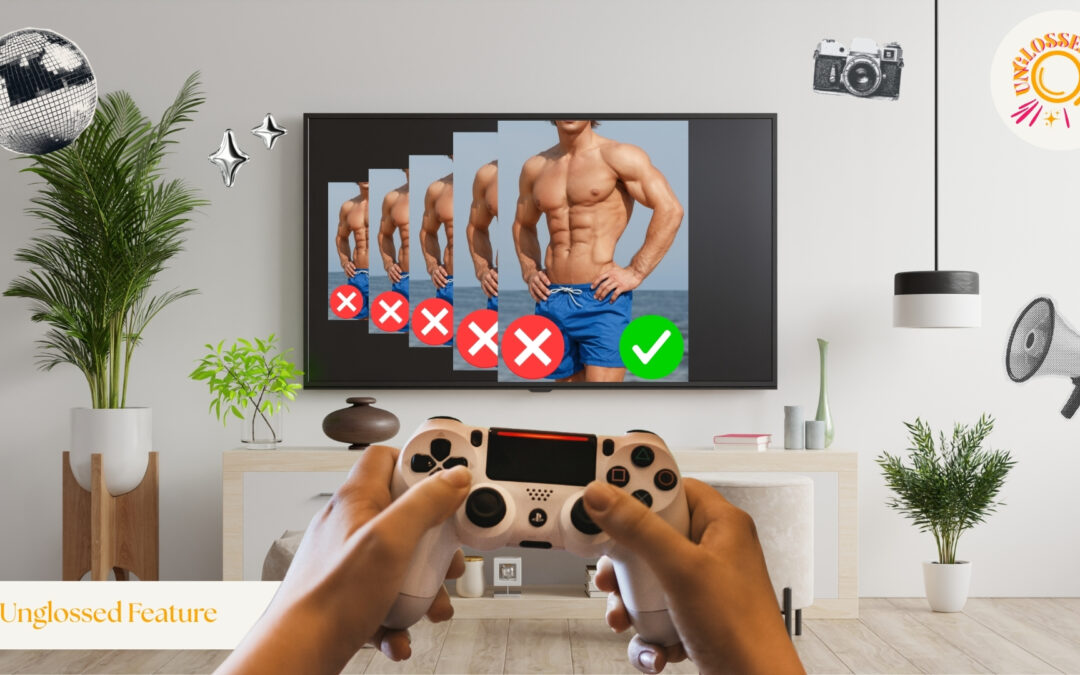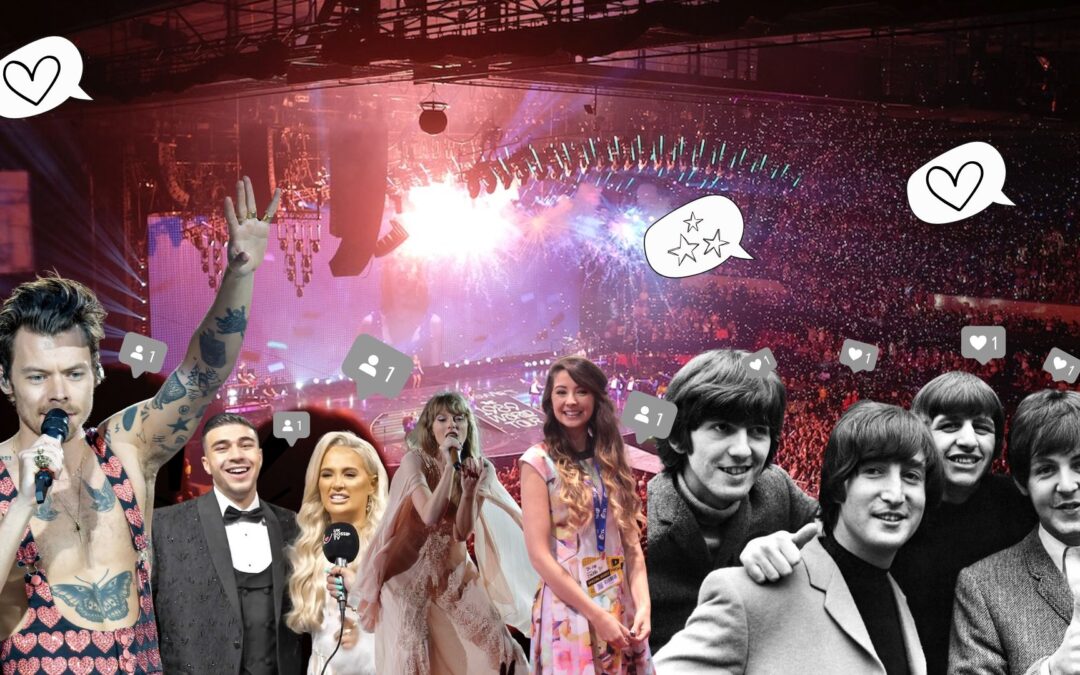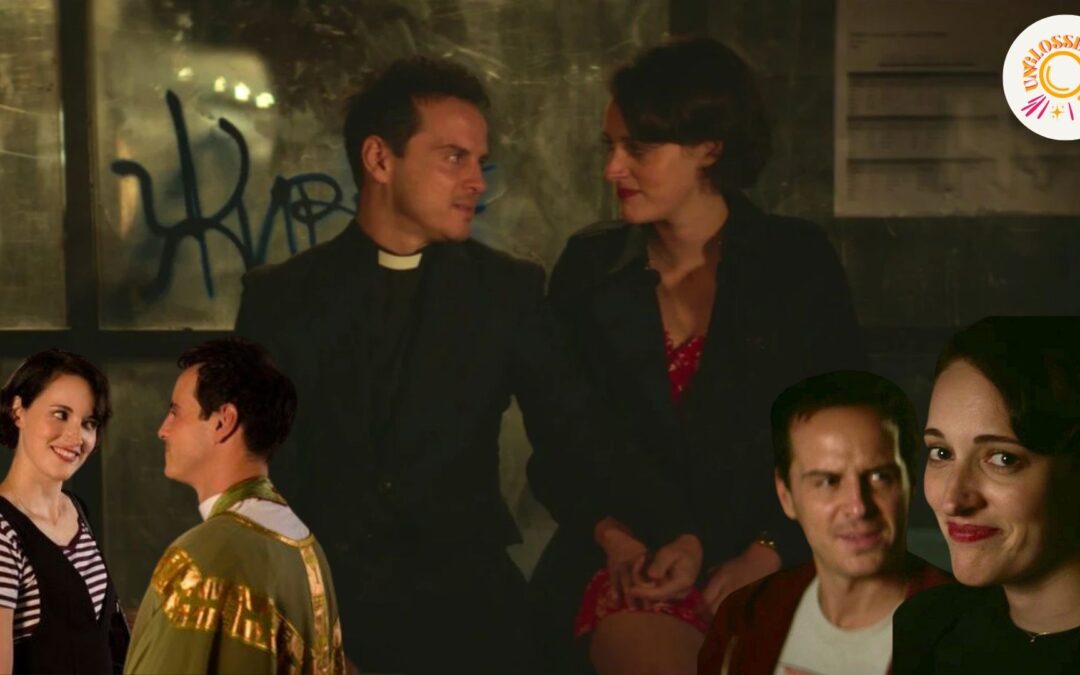The premiere episode of each Love Island season gives us the infamous first coupling. After enjoying a glass of prosecco, contestants take a quick glance at their options, and choose who they will share a bed with that night. And they say romance is dead! But is it actually possible to build a relationship just off of one look at one another?
Ammanda Major, Head of Clinical Practice at relate.org, and licensed relationship counsellor and sex therapist says: “We’ve probably all heard that phrase: ‘their eyes met across a crowded room’. We’re biologically primed to notice people or feel attracted to them, and that’s obviously often the very first point of contact.”

First impressions are crucial on a show like Love Island, where contestants frequently discuss their ‘type’, and what they find attractive in a partner. ‘Tall, dark and handsome’, is among some of the most commonly heard phrases on the show, along with ‘I’ve got a text’, and ‘Can I pull you for a chat?’
These conversations generally take place in the earlier episodes, as longer-lasting couples have more time to explore deeper layers of their relationship further along in the season. However, it goes without saying that discussing physical attraction is a key component of the show, and this ultimately ends up forming some of the relationships we see.
Ammanda says: “In reality TV, the hoped for outcome is something dramatic and spectacular. There can be pressure to behave as if you’re finding somebody attractive or you may not be sure whether you find them attractive, but you feel under pressure to behave as if you do. In the real world, actually there is a bit more time and space to decide: what do I like about this person?”
It’s not uncommon for reality shows to sell the idea of “instant connection” between people (I’m looking at you, Married at First Sight), but that does not always translate well into a genuine relationship. A lack of real connection and shared experiences can be difficult for a couple to stay together even after the cameras are gone, which could explain why so few of the Love Island couples stand the test of time in the real world. While the villa provides the perfect setting to get to know someone and spend every day with them, it struggles to mirror real life, presenting real challenges and putting the new couples to the test as they evolve and work together.
Ammanda points out: “The first layer is that we see someone we find attractive, whether that’s generally attractive or sexually attractive. The second one, the one that sits underneath that, is you realise very quickly that you share some commonalities.”
Attraction may root from looks, but real compatibility lives in shared values, quirks, and interests. These may be harder to find on a reality show set, which could explain why Love Island prioritises physical attraction, which there is no shortage of.
The show may also constrain contestants in what they feel beyond immediate attraction to their ‘match’ due to its very nature. Ammanda explains: “if you feel that you are there to find somebody attractive and see how far it goes, or if you like someone but you’re worried about them getting voted off, that could constrain you from actually engaging with them further if you do feel there is a mental connection.”
The fast paced nature of the show prioritises salacious encounters, scandalous recouplings and messy fights. But what happens when the heat cools down? Love Island UK’s success rate, or percentage of couples that are still together from the show, is around 10%, according to Curry’s.
Ammanda explains: “Physical attraction is not enough to sustain a relationship. It’s what often brings people together, there’s always a sort of biological bit to that, but relationships that last are built on commitment, love, kindness, and being able to be vulnerable with your partner.”
It’s exactly that vulnerable side which we don’t get too much of on TV, arguably because it’s less glamorous and flashy. Reality TV is an escape from reality itself, so viewers might not be thrilled to see a reflection of their own relationship on screen, rather than hot, 20-something year old contestants lounging in the Spanish sun.
Maybe real romance isn’t dead; it’s just quieter, less tanned, and doesn’t come with a brand deal.











